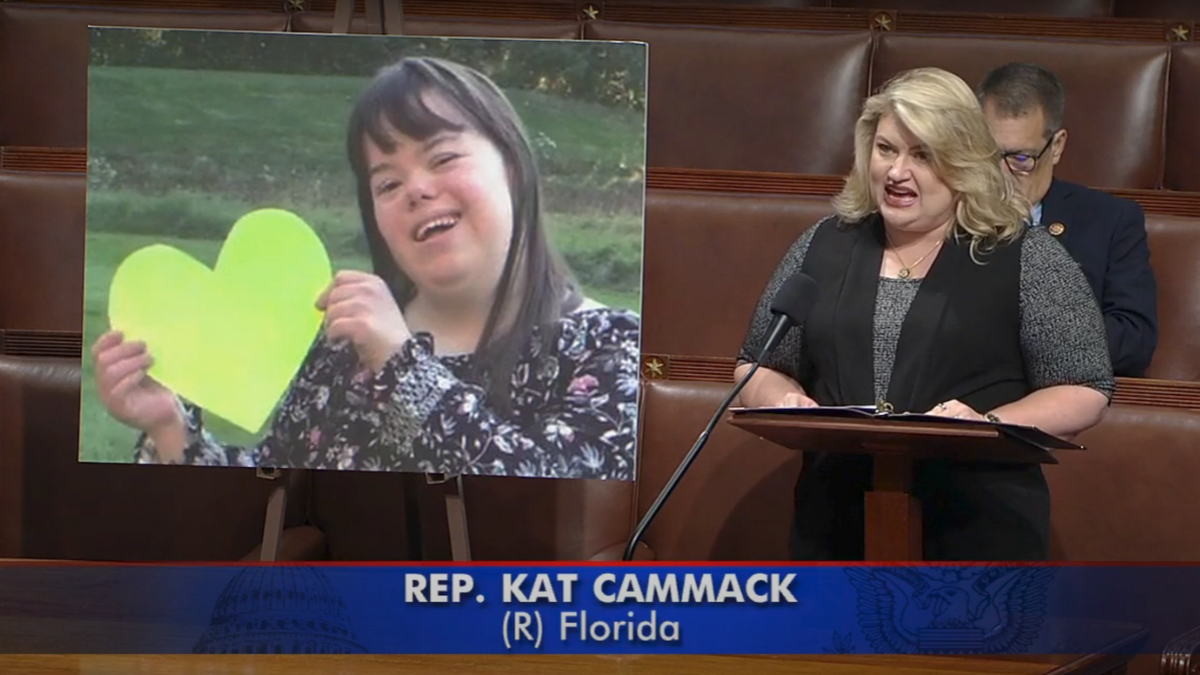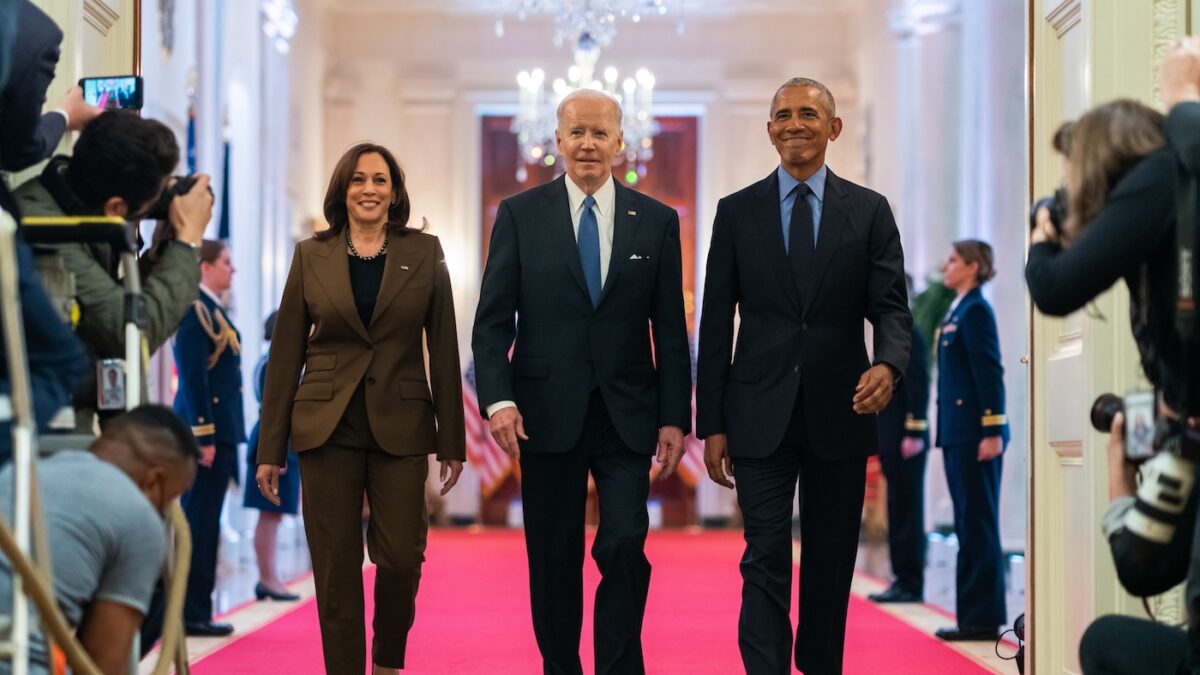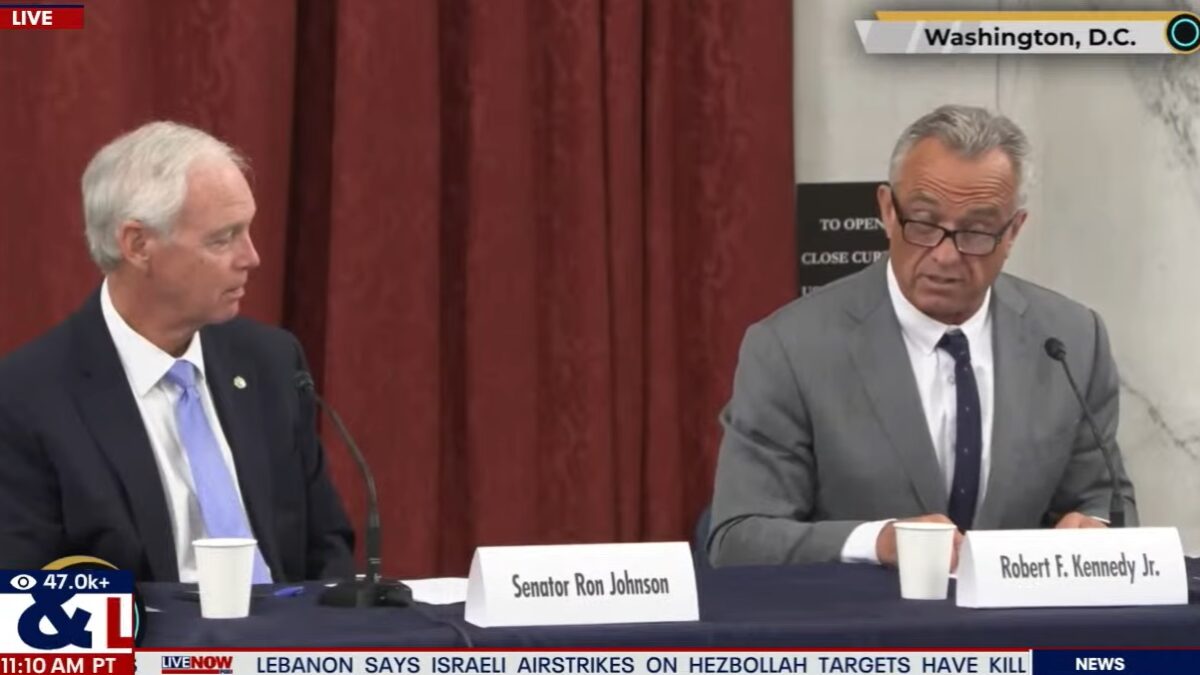
Single-payer health care advocates are having a hard time finding the money necessary to fund single-payer. No state legislature has passed a single-payer plan, partly because of the high and politically unpopular taxes it would need. For example, in 2014, single-payer advocate and Vermont Gov. Peter Shumlin was unwilling to pay the political cost of creating an 11.5 percent payroll tax and an income tax as high as 9.5 percent to fund single-payer.
Minnesota is considering a proposal that bypasses the democratic process in order to achieve a statewide single-payer health care plan. It may serve as a model for single-payer plans in other states.
Minnesota’s single-payer plan creates an unelected Minnesota Health Board (MHB) with taxing and spending authority. This board is designed to protect elected officials from being accountable for unpopular single-payer taxes and spending choices. The idea is that an unelected board would approve a level of taxation beyond anything an elected legislature could pass.
This indicates Minnesota’s single-payer advocates believe representative democracy is a poor way to determine the revenue and funding for governmental health care spending. As the website promoting the single-payer Minnesota Health Plan (MHP) explains, “The Legislature and Governor would have no authority over the MHP revenues. This is necessary in order to prevent the use of MHP premiums to balance the state budget, and would also prevent politicians from starving the health plan of needed funds, a problem that occurs in some of the countries where politicians are responsible for funding their national health plans.”
That is a clear statement of opposition to government by the people’s elected legislature and governor. According to the single-payer legislation, the Minnesota Health Board “shall consist of 15 members, including a representative selected by each of the five rural regional health planning boards…and three representatives selected by the metropolitan regional health planning board…These member shall appoint the following additional members to serve on the board: …one patient member and one employer member; and five providers that include one physician, one registered nurse, one mental health provider, one dentist, and one facility director.”
This board would establish an income tax and a “business health tax based on payroll” to fund the Minnesota Health Plan. According to the legislation, the MHB will “develop an equitable and affordable premium structure based on income, including unearned income… The premium structure must be based on ability to pay.” This means the MHP premium structure would function as a second Minnesota state income tax.
The MHB would “in consultation with the Department of Revenue, develop an efficient means of collecting premiums and the business health tax.” Instead of the legislature, the “board shall establish and collect the premiums and the business health tax.” Then “(o)n or before January 15, 2017, the board shall submit to the governor and the legislature a report on the premium and business health tax structure established to finance the Minnesota Health Plan.” There would be no limit on the income tax and business health tax rates the MHB could establish.
The Minnesota Health Plan’s use of an unelected board, instead of the elected government, to set tax rates and spend government funds is a terrible idea. It violates the essence of representative democracy.
In at least this respect, then, the Minnesota Health Plan is diametrically opposed to the Minnesota Constitution. The Article 1 Section 1 of Minnesota constitution begins, “Government is instituted for the security, benefit and protection of the people, in whom all political power is inherent, together with the right to alter, modify or reform government whenever required by the public good.”
The Minnesota constitution establishes regular elections for public office in the Minnesota to the legislative, executive, and judicial divisions. The idea of representative democracy is that elected officials are accountable to the people at the ballot box. That way the government has the consent of the governed.
Article 4 Section 18 of Minnesota’s constitution requires that “All bills for raising revenue shall originate in the house of representatives, but the senate may propose and concur with the amendments as on other bills.” It a violation of the Minnesota constitution for any group other than the peoples’ chamber of the Minnesota legislature to claim the authority to originate any state tax.
Members of the Minnesota House are elected to two-year terms specifically to keep them close to the people they represent. Article 10, Section 1 of the state constitution begins, “The power of taxation shall never be surrendered, suspended or contracted away.” So the Minnesota Legislature can never give away its power of taxation to some other body such a Minnesota Health Board. Forbidding the legislature to surrender its power of taxation protects the people from state taxation without their consent as expressed by a vote of their elected representatives.
The Minnesota Health Board is designed to achieve a level of governmental control of health care that has not yet been possible because the democratic process established in the Minnesota Constitution has prevented unelected people from controlling government taxing and spending.
It is troubling to realize there is no longer a commitment to representative democracy across the political spectrum. Forty members of the current Minnesota legislature have sponsored this legislation to create an appointed board to usurp the powers of taxation and spending from the people’s elected legislature. They appear to believe that the progressive goal of single-payer health care outweighs the democratic governance established in the Minnesota constitution.
Supporters of representative democracy need to take a stand against Minnesota’s single-payer plan by letting people know about this undemocratic proposal.









